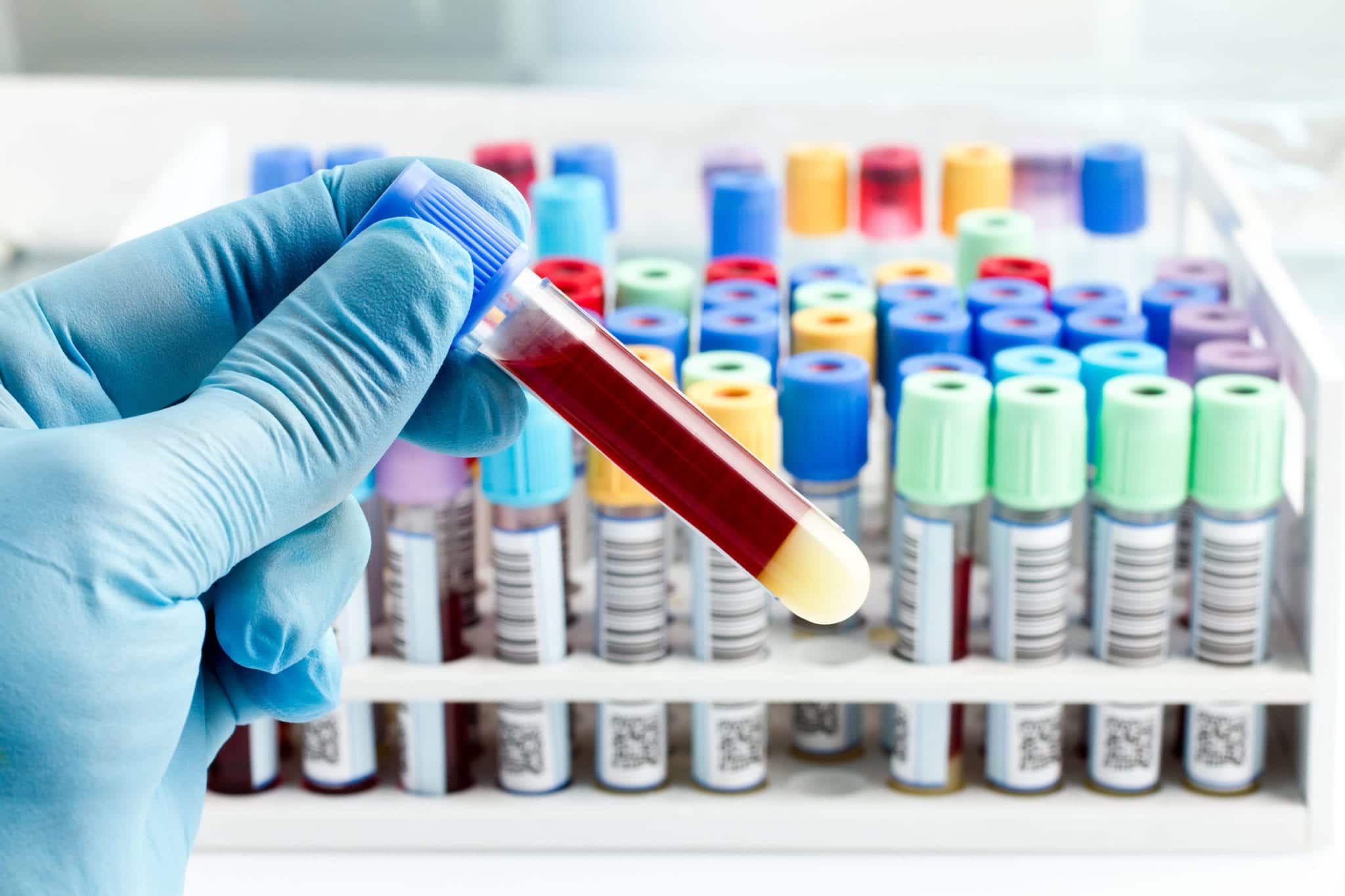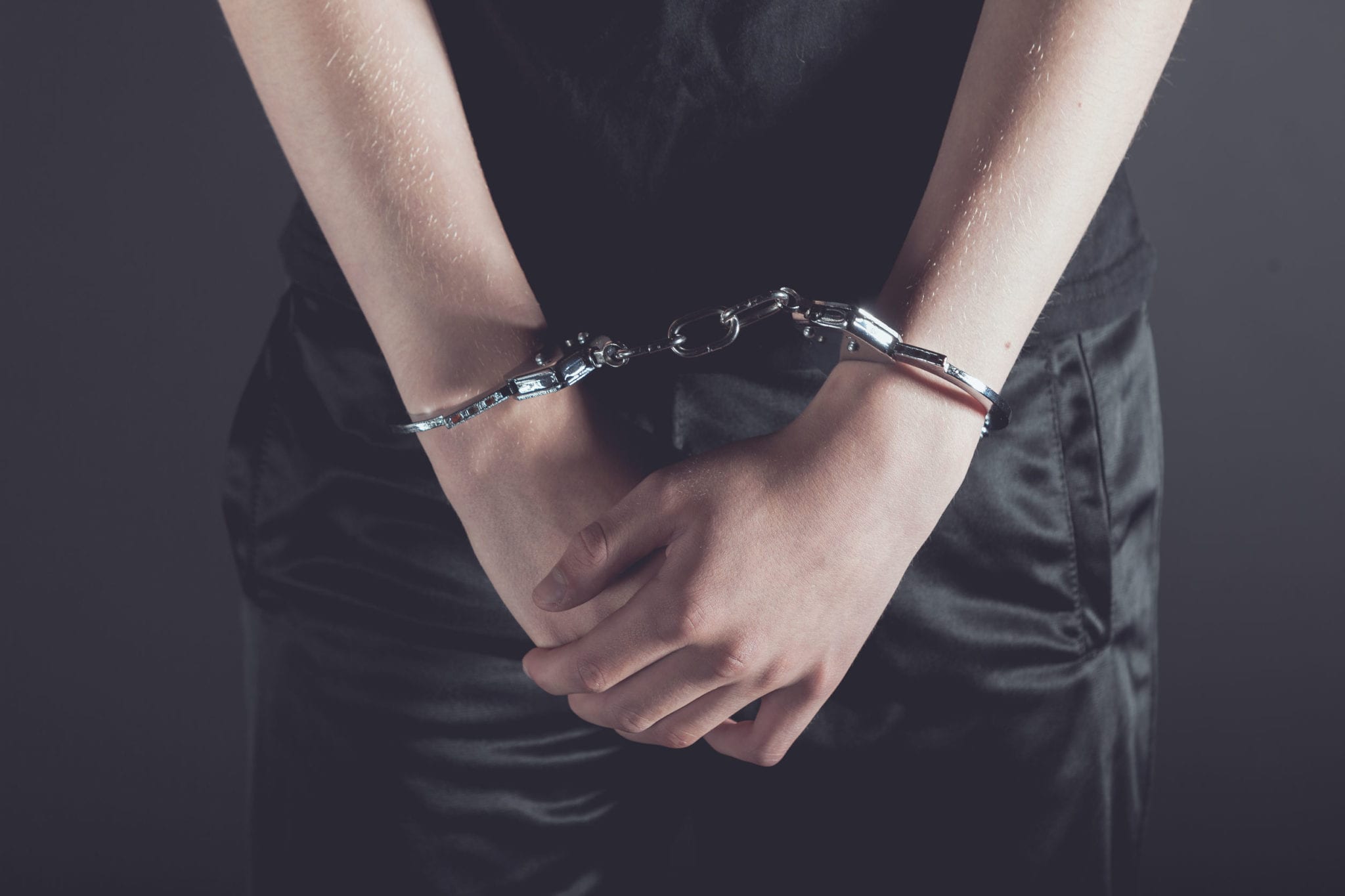
Juvenile drinking and driving have a high potential for serious crashes that could result in severe injuries and even death. Sadly, most kids neither have the history nor knowledge of all the things that might go wrong when they get behind the wheel drunk. Many of them are also so naïve that they believe bad things simply can’t happen to them.
This is probably why prom season has historically been a dangerous time for teen drivers in Texas. Prom brings parties and many other situations where teenagers are more likely to drink alcohol or use drugs. Some of these intoxicated teens will then get into cars and drive, oblivious to all the possible dangers that lie in wait.
A drunk teenager driver endangers not only his or her life but also the lives of others. Consequently, Texas law enforcement officers will be on the lookout for teens who are drinking and driving this prom season in an effort to help more people get home safely.
In other words, if your child drinks and drives over prom season, there is a high likelihood that they will be caught and charged with a Texas DWI. What does this mean?
How Texas DWI Charges Work
Under Texas penal code, a DWI (driving while intoxicated) charge can be brought against anyone who operates a vehicle:
- With .08% or more blood alcohol content (often referred to as “per se” DWI).
- While their “normal use of physical and mental faculties” is impaired due to ingestion of alcohol, drugs, or other similar substances.
Furthermore, Texas has special DWI laws that apply to drivers below the age of 21.
Zero Tolerance Rules for Minors in Texas
Anyone under 21 years is considered a minor under Texas law. This means that it is illegal for a minor to purchase, consume, or possess any alcoholic beverages.
As such, criminal charges may be drawn if any detectable amounts of alcohol are found in the system of a minor who’s operating a vehicle on a public road. In such a case, the offense will be DUIA by a minor (Driving Under the Influence of Alcohol by a minor). Just to be clear, the .08% BAC legal limit won’t apply in this case -- even if .01% is detected, minors can be charged.
What Will Happen If Texas Cops Suspect Your Teen of Drinking and Driving?
With multiple law enforcement agencies on high alert for drunk underage drivers during this year’s prom season, police officers will be stopping any vehicle if they have reason to believe that the driver is intoxicated.
The driver might then be subjected to a field sobriety test, and if the officers find any probable cause to believe that the minor has consumed alcohol, they could:
- Arrest the minor
- Handcuff the minor and take him or her to the police department or county jail where a breath test may be administered
- Take the minor to a health facility where a blood test will be done. (Note: if there’s a crash in which someone is severely injured or killed, the police will administer a blood or breath test.)
- Have the car towed
Implied Consent for Minors in Texas
Once the minor is arrested for an offense of driving with any detectable alcohol amount in the system, he or she automatically consents to give a blood or breath test.

The specimen collected will then be analyzed to check for the presence of alcohol and other controlled substances in the minor’s body.
If the tests confirm the presence of any detectable amounts of alcohol or other illegal substances in the minor’s system, the driver’s license may be suspended for:
- 60 days if it’s the minor’s first offense
- 120 days if it’s the minor’s second offense
- 180 days if it’s the minor’s third or subsequent offense
What if the minor refuses to take a breath or blood test?
Well, he or she may be placed in jail. The minor may have to remain in custody until their bond is posted or until they appear before a juvenile court judge or a magistrate. The driver’s license or the minor’s driving privileges may also be suspended for:
- 180 days for the first refusal
- Two years for the second and subsequent refusals
Texas Penalties for DUIA By A Minor Below the Age Of 17
First Offense - Class C Misdemeanor
Possible penalties include:
- Fines of up to $500
- Community service for 20-40 hours
- Suspension of one’s driver’s license for 60-180 days
- Minor (and possibly the minor’s parent) may be required to attend an Alcohol Awareness Course
Second Offense - Class C Misdemeanor
Possible penalties include:
- Fines of up to $500
- Community service for 40-60 hours
- Suspension of one’s driver’s license for 120 days-2 years
- Minor required to attend an Alcohol Awareness Course
Third and Subsequent Offenses - Delinquent Conduct by A Minor
Possible penalties include:
- Fines of up to $500
- Community service for 40-60 hours
- Suspension of one’s driver’s license for 180 days-2 years
Texas Penalties for DWI By A Minor Aged 17 To 21 Years
First Offense - Class B Misdemeanor
Possible penalties include:
- Fines not exceeding $2,000
- Jail confinement for 72 hours-180 days
- Suspension of one’s driver’s license for a year
Second Offense - Class A Misdemeanor
Possible penalties include:
- Fines not exceeding $4,000
- Jail confinement for 30 days-1 year
- Suspension of one’s driver’s license for 180 days-18 months
Third and Subsequent Offenses - Felony of The Third Degree
Possible penalties include:
- Fines not exceeding $10,000
- Penitentiary confinement for 2-10 years
- Suspension of one’s driver’s license for 180 days-2 years

In short, it’s nothing to mess around with. If you worry that your child might choose to drink on prom night, talk to them about all of the potential consequences and make sure they have safe, sober transportation to and from any festivities.
About the Author:
Brandon Fulgham has an in-depth understanding of both Texas law and Texans themselves. Before practicing law here, he received his undergraduate degree from TCU, and his law degree from South Texas College of Law in Houston. After graduation, he worked in District Attorneys’ offices as a prosecutor, building cases designed to put people behind bars. Now, he uses that knowledge to protect the rights of people in and around Fort Worth, making sure they receive the strongest possible defense when they find themselves on the wrong side of the law. He has been recognized for his work by The National Trial Lawyers, Fort Worth Magazine, and others.